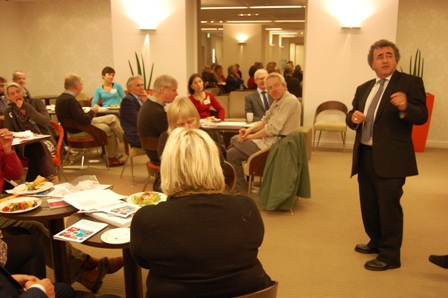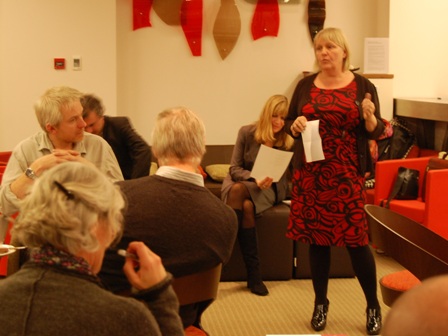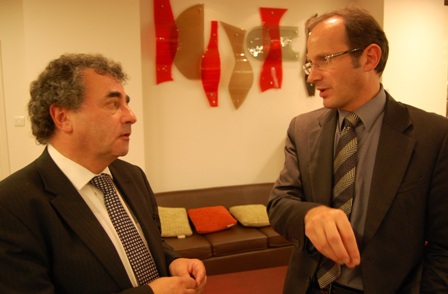The University begins a new chapter in the transformative power of literature, with the opening of the Centre for Research into Reading, Information and Linguistic Systems (CRILS).
For the first time, reading will be actively evaluated as a force for good as literature moves out of its traditional arts domain and into the University’s Institute of Psychology, Health and Society.
CRILS is being led by former Head of the School of the Arts, Professor Philip Davis.
Professor Davis says he wants to ‘establish more real world links, rather than just be inside a discipline’, and see analysis of the benefits of reading, in groups or alone, be translated into policy.
The Centre will work in partnership with The Reader Organisation, a now national body that grew out of the University and encourages shared reading in hard to reach communities, like prisons, or among those with mental health or learning difficulties.
Professor Davis said: “Our job at the Centre is to make sure that what is going on in practice in these groups is evaluated and researched. We need to evaluate it so it can be shown to make a difference, both qualitatively and quantitatively.
“This is vital to ensure it is taken seriously and actually becomes a consistent part of health and wellbeing. We have a real opportunity to do this, to come out of an English department into a place like this and focus on the psychological benefits that arise from reading. I want reading to go out from the University, into the needs of the world, then back to us again for evaluation, before out again to change public policy.”
Professor Peter Kinderman, Head of the Institute of Psychology, Health and Society, said: “This works for two reasons. Firstly it fits with the Government’s mental health strategy, which advocates a cross-departmental approach and arts, culture and reading is a perfect fit. It also fits perfectly with the wellbeing strategy the Government is now pushing through.
“It’s fantastic because it’s examining mental health as it applies to wellbeing, and wellbeing as it applies to mental health.”
And with slogans like The Reading Revolution and Poetry not Prozac, Professor Davis is confident of the impact the new Centre could have.
He added: “Depression is not simply an illness in part of the mind. Experiments have shown that it is a spiritual problem, about having to deal with matters of life, so we shouldn’t just remedy it with medication.
“There’s a real possibility for literature not to be seen as just a luxury, but as a critical part of human existence and we need to open that up. People die for want of meaning.”


